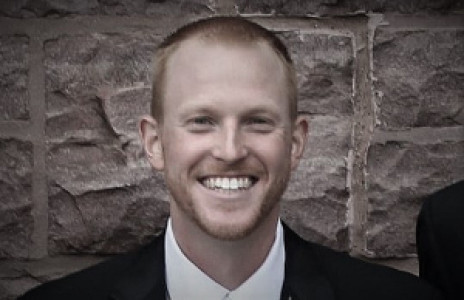Casey Bassett- WWII Documentary- narrator, professional, articulate, educational, intelligent
Description
Vocal Characteristics
Language
EnglishVoice Age
Middle Aged (35-54)Accents
North American (General) North American (US General American - GenAM) North American (US Midwest- Chicago, Great Lakes)Transcript
Note: Transcripts are generated using speech recognition software and may contain errors.
under the cover of darkness, five enlisted men and one officer slipped into a small rubber raft and paddled away from the submarine USS Barb at 20 to 25 hours on the seventh of November 1942 seven miles to the east lay their objective. The entrance to the harbor of Safi on the coast of French Morocco. Their mission was to mark the entrance so that in the morning, American destroyers could range close enough to support the Allied invasion of North Africa. Operation Torch For the men in the rubber raft, seven miles of open sea posed a challenging route reduced with each stroke. For the United States, their journey represented barely perceptible steps toward the nation's ultimate objective. Berlin Riding neither horse nor Jeep, two of the men trained as mechanized reconnaissance scouts were out front leading the way. The invasion of North Africa provided the United States Army an opportunity to gather lessons on the employment of ground reconnaissance before even larger land operations took place in Western Europe. The continued campaigning in the Mediterranean contributed little to the ongoing development of mechanized ground reconnaissance, but remained important to those who opposed the wholesale replacement of horses with vehicles. To an extent, the remainder of the Mediterranean campaign validated some of the prewar beliefs of these men and gave them hope for the return of horses. In all fairness to the diehard horse advocates, even the army was not convinced that horses were no longer necessary.
